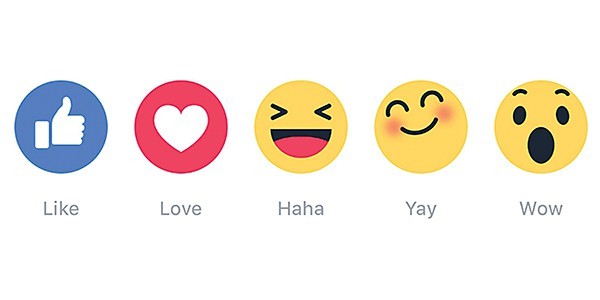
According to a report released this week by the Pew Research Center and Knight Foundation, more than 40 percent of American adults get news through Facebook. What’s left unsaid in that study is that the definition of “news” is pretty loose — and getting looser.
What pops up on most Americans’ Facebook feeds is a motley conglomeration of photo memes, opinion pieces, videos of friends’ kids and pets, family vacation photos, unsourced clickbait articles, happy birthday wishes, music videos, and politically driven propaganda. “News” can be anything from a link to a well-sourced Washington Post story about Hillary Clinton’s emails to an Alex Jones Newsmax rant about how the CIA uses jet contrails to control the weather.
If you get your news from Facebook, your Facebook “friends” are now your news editors, assisted by Facebook algorithms designed to feed you ads and articles matched to your buying and browsing habits.
When you do come across legitimate news on Facebook, please take note of where it comes from. If it’s national or international news, I’ll wager it’s from The New York Times, The Washington Post, The Chicago Tribune, The Wall Street Journal, The London Times, the Guardian, or other reputable sources. And I’ll also wager that if you see a legitimate local news story on your Facebook feed, it will almost always be from The Commercial Appeal or The Memphis Flyer.
You’re quite welcome. Hope you enjoy the free content. I know Mark Zuckerberg and his legion of doom certainly appreciate the money they’re making off the work that legitimate journalists do. Yes, Facebook sends readers to our web-pages to read our stories, but it’s pretty clear who’s making the big money on the Internet.
Every week, I get emails and calls from people representing local businesses and organizations — restaurants, clubs, concert venues, new enterprises, nonprofits — asking the Flyer to do a story about them or their client. Why do they do this? Because they know the Flyer has a 93 percent or higher pickup rate each week. They know hundreds of thousands of readers visit our website each month. They know our readers are smart, affluent, and influential. And, most important, they know an impartial story in the Flyer legitimizes their cause or their client. That’s because it’s perceived as news, not PR fluff.
Often, these folks have a good story — a new chef, a big band coming to town, a fresh business concept, a meaningful cause, a can’t-miss event — so I assign a reporter, and we do a story that runs in the paper (and online, as all our stories do). Everyone’s happy. The publicist gets publicity for his client; we get an interesting story; our readers learn something new about their city.
Well, almost everybody is happy. Often, when a Flyer sales rep calls on one of those businesses we’ve written a story about, they’re told: “We’re not going to advertise. We’re just doing social media.” And I bet you can guess what material those clients use in their social media campaigns. Yep, the Flyer story that was written about them.
Let me be clear: There’s no quid pro quo. We don’t write stories to get advertisers. Never have, never will. But here’s my point: It is a symbiotic relationship. Local businesses and citizens need local media to tell their stories and report the news about their city — and yes, provide “content” for social media. Likewise, local media need local businesses to value and support their work and to invest in that process. It’s good business in the short run, yes, but it’s also about the long game: making sure local media can continue to do their job. Think local. Buy local. Be local.
Mark Zuckerberg doesn’t give a crap about you or about Memphis or about the media that serve this city. And he sure as hell isn’t going to write about you.